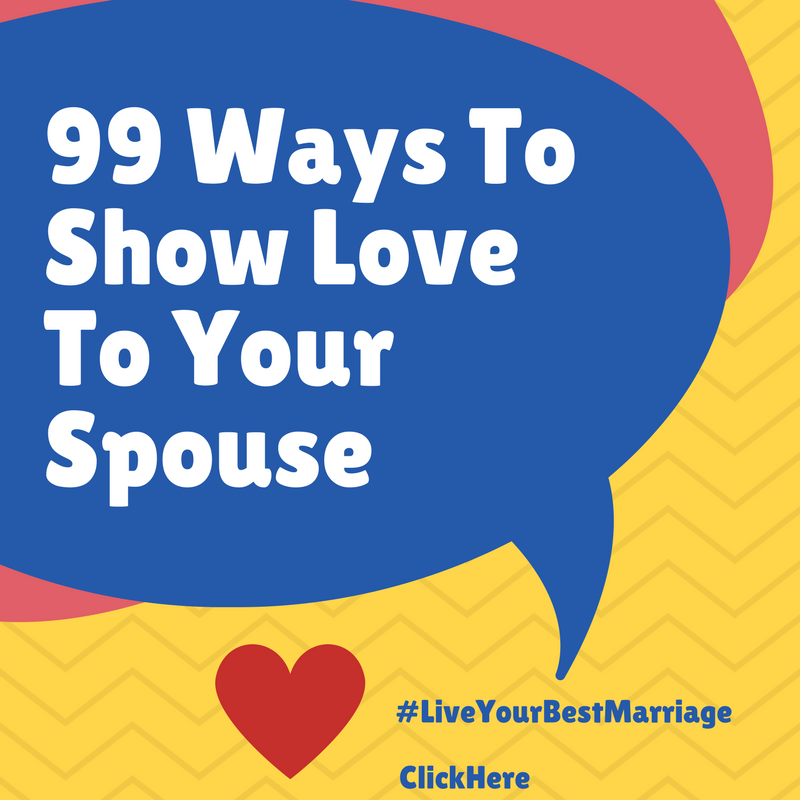The Silent Killer in Marriage: Hidden Anger and What To Do About It

Introduction
You may not be shouting. You may not even be arguing. But if you constantly feel tense, emotionally distant, or like you’re always walking on eggshells around your spouse, there may be something deeper going on. Hidden anger—resentment that goes unspoken or emotions that are never processed—can slowly and quietly destroy intimacy in a marriage.
Many couples assume that as long as they’re not yelling or slamming doors, things must be okay. But the truth is, repressed anger is one of the most common, misunderstood, and damaging dynamics in a relationship. In this post, we’ll explore what hidden anger looks like, why it happens, and how to begin healing so that connection, trust, and warmth can return.
1. What Is Hidden Anger?
Hidden anger doesn’t look like rage. It often doesn’t look like anything at all—on the surface. It shows up in silence, sarcasm, passive-aggressive behavior, and emotional withdrawal.
It’s the kind of anger that simmers quietly beneath the day-to-day routines:
- The wife who says “I’m fine” but hasn’t truly opened up in months.
- The husband who keeps himself busy to avoid real conversation.
- The couple that hasn’t had a real disagreement—not because they’re happy, but because they’ve given up.
Hidden anger is the kind that never gets resolved—because it never gets expressed.
2. Why Do People Repress Anger in Marriage?
There are several reasons why someone might hide their anger instead of expressing it directly:
a) Fear of Conflict
Some people grew up in homes where anger led to emotional explosions or physical violence. As adults, they may fear that expressing anger will lead to rejection or chaos—so they suppress it.
b) Guilt or Shame
Others believe it’s “wrong” to feel angry, especially in a marriage. They might think: “I should be grateful,” or “I’m overreacting,” and then stuff the feeling away.
c) Learned Helplessness
If they’ve tried expressing needs in the past and been ignored, mocked, or shut down, they may decide: “What’s the point?” Over time, this leads to emotional numbness and distance.
3. Common Signs of Hidden Anger in a Relationship
Hidden anger is often unspoken, but it leaves clues. Here are signs to look for in yourself or your spouse:
- Irritability over small things: Snapping about dishes, chores, or tone of voice
- Sarcasm or “joking” that feels cutting: Passive-aggressive humor
- Emotional withdrawal: Becoming cold, distant, or apathetic
- Avoidance of real conversations: Shutting down when things get emotional
- Physical symptoms: Tension, headaches, fatigue without medical explanation
- Over-functioning: Staying “busy” to avoid sitting with uncomfortable feelings
Hidden anger is exhausting. It drains emotional energy, builds resentment, and makes connection feel impossible.
4. The Impact of Repressed Anger on Marriage
When anger goes unaddressed, it starts to erode the foundation of a relationship in subtle but powerful ways:
- Loss of Emotional Intimacy
You can’t connect deeply when you’re harboring resentment. You may stop sharing your inner world and begin living parallel lives. - Increased Misunderstanding
Hidden anger causes assumptions, misinterpretations, and an “us vs. them” mindset—especially when nothing is ever clearly talked about. - Built-up Resentment
Over time, the list of unspoken frustrations grows longer. This leads to emotional scorekeeping and bitterness. - Risk of Emotional or Physical Affairs
Emotional disconnection and unmet needs caused by buried anger can sometimes make people vulnerable to outside emotional attention.
5. What to Do If You Suspect Hidden Anger
Healing from hidden anger takes intention, patience, and vulnerability. Here’s where to begin:
a) Be Honest with Yourself
Ask: Am I holding onto anger that I haven’t expressed?
It may be anger from a recent event—or something that happened years ago but still feels unresolved. Journaling can help you uncover buried feelings.
b) Notice Your Patterns
Do you shut down when upset? Do you make sarcastic comments instead of saying how you feel directly? Bringing awareness to your default reactions is the first step to changing them.
c) Create Space for Vulnerability
Many people avoid expressing anger because they fear it will escalate into conflict. But there’s a difference between reactive anger and reflective anger.
Try using “I feel” statements like:
- “I feel disconnected when we don’t talk about what’s really going on.”
- “I feel overwhelmed when I don’t feel supported at home.”
These statements lower defensiveness and open the door to meaningful conversation.
d) Practice Emotional Regulation
Breathing exercises, mindfulness, and even light physical movement (like walking) can help you stay calm while exploring or expressing anger.
6. How to Respond If Your Partner Has Hidden Anger
If your spouse seems distant, irritable, or checked out, they may be struggling with hidden resentment they haven’t voiced. Here’s how to help:
- Don’t Push or Accuse
Instead of saying “You’re mad at me, aren’t you?” try “You seem really quiet lately. I want to understand what’s going on.” - Make It Safe to Talk
Many people repress anger because they feel unsafe emotionally. Reassure your partner that you’re open to hearing how they really feel—even if it’s hard. - Be Willing to Listen Without Defending
You don’t have to agree with everything your partner says—but listen fully before responding. Sometimes being heard is all they needed.
7. Rebuilding After Hidden Anger
Once anger is brought into the open, it’s tempting to want to “fix” everything quickly. But deep healing takes time.
Here’s how to rebuild trust and closeness:
- Start Small
Reconnect with small daily habits—greetings, affection, eye contact, and presence. These moments build emotional safety. - Seek Help if Needed
If the resentment feels too big to tackle alone, couples therapy or individual counseling can provide clarity and tools for emotional repair. - Commit to Ongoing Emotional Honesty
Don’t wait until the next blowup to express how you feel. Make regular emotional check-ins part of your relationship.
8. Final Thoughts: Anger Isn’t the Enemy—Avoidance Is
Anger itself isn’t the problem. It’s a natural emotion that can signal when something is wrong or needs to change. The danger lies in what happens when we avoid, suppress, or ignore it.
In marriage, hidden anger is a silent killer—not because it’s explosive, but because it’s corrosive. Over time, it eats away at intimacy, erodes trust, and creates emotional distance that can feel impossible to bridge.
But the truth is: it can be bridged.
If you or your spouse are dealing with buried anger, know that healing is possible. With honesty, patience, and willingness to face the uncomfortable truth, you can clear the air—and create space for real connection again.









